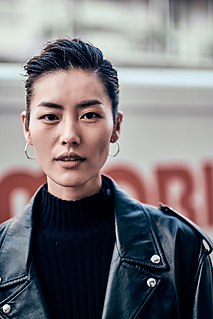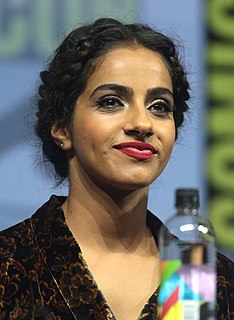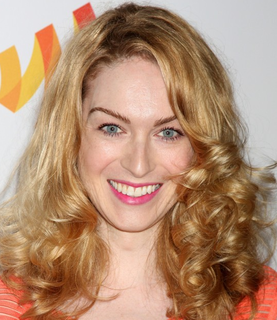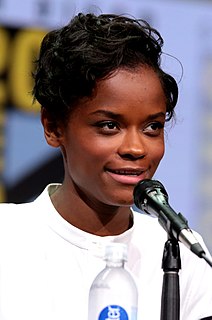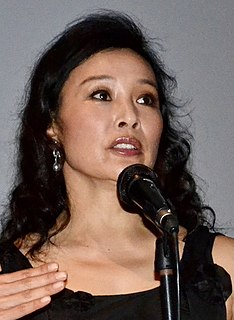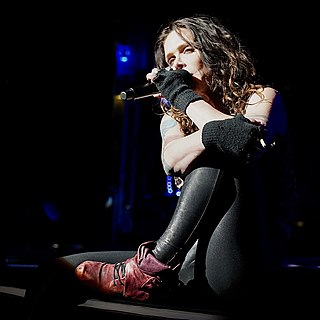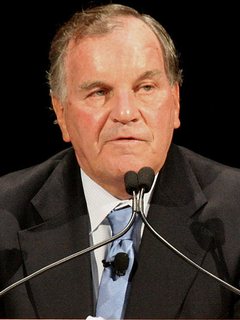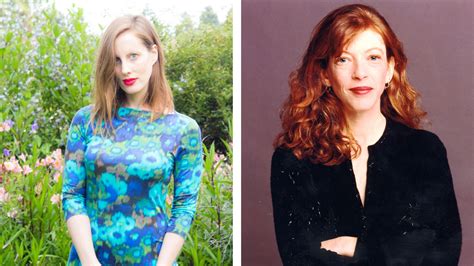A Quote by Liu Wen
I hope that when people see Asian women, they realize we are all different. A lot of time with Caucasian people, they just group us together as Asian. But even with different cities in China, people have different personalities... We look Asian, but we still look different. We don't look the same.
Related Quotes
I always feel like people misunderstand the difference between an Asian story and an Asian-American story. That's completely different, too. I have friends who grew up in Asia, and our experiences are so different. Even though we might look the same, I feel like being Asian and then being Asian-American is completely different.
I think what people need to realize is that, with trans people, we're like everybody else. No group of people are all the same. All women are not the same, all men are not the same, all children are not the same. It's the same thing with trans people - we're all so different, we have different goals, different dreams, and different aspirations.
I remember watching Swan Lake and everybody looking exactly the same, but being able to relate because they were the only company I had ever seen even on video that had Asian dancers. The Asian community in Hawaii is actually almost as dominant as the Caucasian community. I thought "I can relate to that company because they look like people that I see every day." They weren't all little stick-thin Russian ballerinas.
It's very difficult to be asking other people for opportunities. It is much more empowering to be creating opportunities, to be the one who is saying, 'Look, I'm going to take this from the ground up and create a story that is meaningful to me as an Asian American and cast it with Asian Americans and have Asian Americans writing it.'
I wish reporters were more in tune to the difference between the Asian experience and the Asian-American experience. I think often they lump the two together and think that when I talk about Asian-American narratives that they can cite 'Crouching Tiger, Hidden Dragon' or 'Mulan' as proof of concept when it's a different experience.
